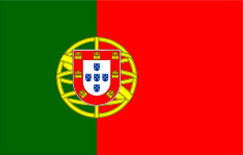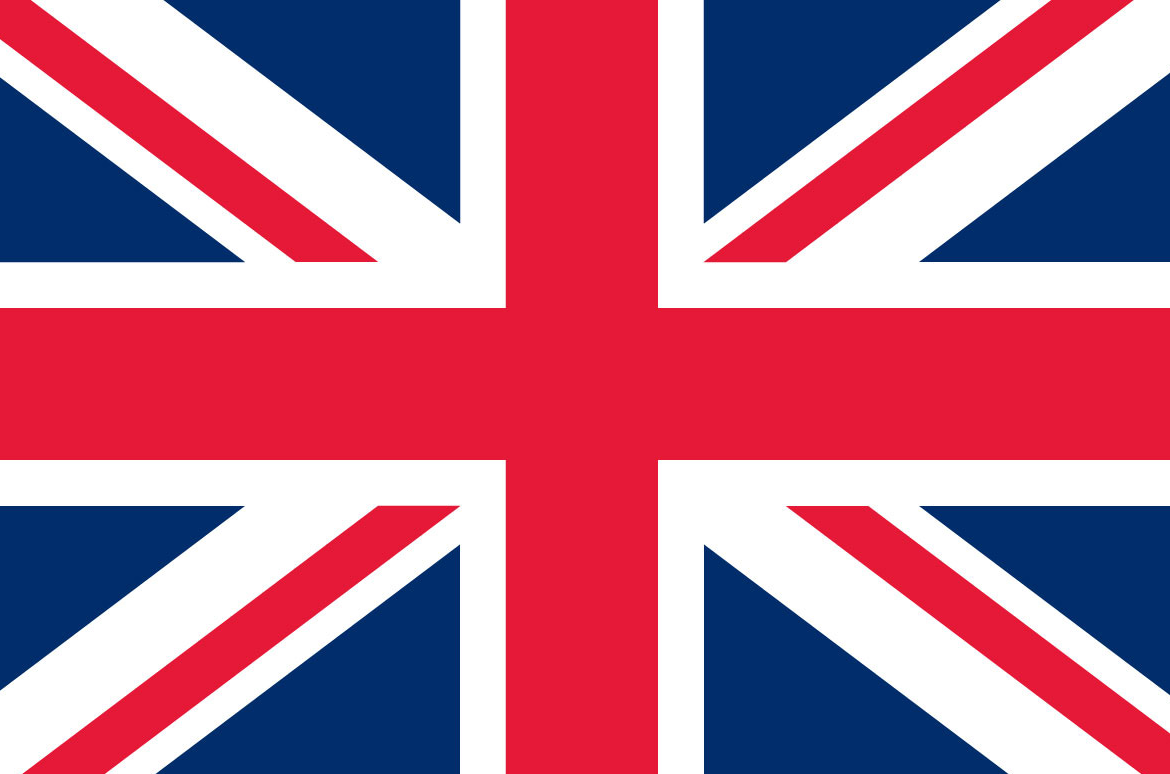APPS - EU/Cape Verde
The first fisheries agreement concluded between the European Community and the Republic of Cape Verde dates back to 1990. On 19th December 2006, the Council adopted Regulation 2027/2006 related with the conclusion of the Fisheries Partnership Agreement (FPA) between the European Community and this Country
APPS - EU/Cape Verde
![]() APPS - EU/Cape Verde
APPS - EU/Cape Verde
The Protocol expired on 22 December 2018, the information will be updated with the conditions of operation under the next protocol, once the procedures that enable its implementation are completed.
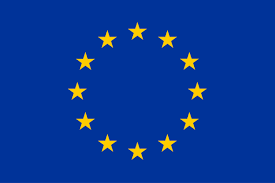
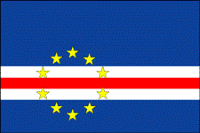
![]() Contact
Contact
Direção-Geral de Recursos Naturais, Segurança e Serviços Marítimos (DGRM)
Avenida Brasília
1449-030 Lisboa Portugal
Phone: +351 213 035 700
Fax: +351 213 035 702
Delegation of the European Union to Cape Verde
Avenida Rotary International
CP 122 Praia
Republic of Cape Verde
Phone: +238 262 13 92/93/94
Fax: +238 262 13 91
Email: delegation-cape-verde@eeas.europa.eu
Website: https://eeas.europa.eu/delegations/cabo-verde_pt
![]() Image (Area and Subarea)
Image (Area and Subarea)
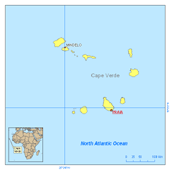
![]() Description
Description
The first fisheries agreement concluded between the European Community and the Republic of Cape Verde dates back to 1990. On 19th December 2006, the Council adopted Regulation 2027/2006 related with the conclusion of the Fisheries Partnership Agreement (FPA) between the European Community and this Country. On August 28th 2014, a new Protocol for this Agreement was initialed. The current Protocol expires in December 2018.
It provides for an EU financial contribution of € 550,000 for the first two years of the Protocol and € 500,000 for the remaining two years.
This FPA is part of the EU FPAs network of tuna agreements negotiated with third countries of West Africa, allowing European Union vessels (Spain, Portugal and France) to fish in Cape Verde waters.
![]() Eligibility conditions:
Eligibility conditions:
- Hold a valid fishing license in accordance with Article 6 of the Control Regulation (Regulation No.1224/2009)
- Implementation of the relevant IMO vessel identification system, if required under Unions law
- The fishing vessel is not on a IUU vessels list adopted by any RFMO and / or the Union under the IUU Regulation
- The flag Member State has fishing opportunities under the fisheries agreement in question
- Have a vessels satellite monitoring system (VMS) installed and operational
- Have a system for the electronic filling and transmission of fishing logbook data installed and operational.
![]() Fishing possibilities by gear type
Fishing possibilities by gear type
- Purse Seiners: 28 vessels
- Pole-and-line: 13 vessels
- Longliners: 30 vessels.
![]() Fishing Possibilities available to Portugal
Fishing Possibilities available to Portugal
- Longliners: 7 vessels
- Pole-and-line: 2 vessels.
![]() Gears
Gears
- Longline
- Pole-and-line.
![]() Required Documents
Required Documents
The first application for a fishing authorization under the current Protocol and applications submitted following changes in the technical characteristics of the vessel concerned shall be accompanied by:
- Proof of payment of the corresponding fees for the period of validity of the fishing authorization, including the payment of the fees related with observers, as foreseen in Chapter X of the Protocol
- Name and address of the local agent of the vessel, if any
- A recent color photograph representing the ship in side view at least 15 cm × 10 cm
- Any other document specifically required under the Agreement
- Requests for renewal of a fishing authorization under the current Protocol for vessels whose technical characteristics remain unaltered shall be followed by proof of payment, including observer’s fees.
![]() Cost of the License
Cost of the License
Fishing authorizations shall be issued following payment to the capeverdian authorities of the following flat-rate advance fees. The fee to be paid by ship-owners is fixed as follows:
For seiners
- € 4,950 per year for the first two years of application, the equivalent of EUR 55 per tonne for 90 tonnes
- € 5,525 per year for the last two years of application, the equivalent of EUR 65 per tonne for 85 tonnes.
For Pole-and-line vessels
- € 495 per year for the first two years of application, the equivalent of EUR 55 per tonne for 9 tonnes
- € 585 per year for the last two years of application, the equivalent of EUR 65 per tonne for 9 tonnes.
For surface longliners
- € 3,190 per year for the first two years of application, the equivalent of EUR 55 per tonne for 58 tonnes
- € 3,250 per year for the last two years of application, the equivalent of EUR 65 per tonne for 50 tonnes.
![]() Forms
Forms
![]() Observers
Observers
The observer shall be boarded at a port chosen by the ship owner. He, or his representative, shall inform Cape Verde competent authorities with ten days’ notice prior to the observer embarkation of the date, time and port of embarkation.
![]() Local Seamen
Local Seamen
During fishing activities in Cabo Verde, EU vessels shall endeavor to embark local seamen within the following limits:
- The fleet of tuna seiners must ship at least six
- The fleet of pole-and-line tuna vessels must ship at least two
- The surface longliner fleet must ship at least five.
![]() Authorized areas
Authorized areas
EU vessels are only authorized to operate in the areas defined in the Protocol.
![]() Reporting Obligations
Reporting Obligations
All vessels authorized to fish in Cape Verde waters under the Agreement shall report their catches to the Ministry responsible for fisheries in Cape Verde.
In case of departure from Cape Verde's fishing zone without prior passage through a port in Cape Verde, the original of each fishing logbook must be sent within 14 days of arrival at any other port, in thirty days after leaving the capeverdian zone.
![]() Prior Notifications
Prior Notifications
Entry and exit from the Cape Verde fishing zone by of a Union vessel holding a fishing authorization shall be notified to that country at least six hours before the entry or exit with the following information:
- The expected date, time and waypoint
- The quantity of each species retained on board, identified by the FAO Alpha-3 code, expressed in kilograms live weight or, where applicable, in number of individuals
- The presentation of the products.
Notifications must be made by electronic mail or, in case of failure, by fax or by radio, to an electronic address, a call number or a frequency communicated by Cape Verde.
![]() Inspections at sea
Inspections at sea
Inspections of EU fishing vessels operating in the capeverdian EEZ under the FPA shall be carried out by duly identified Cape Verdean vessels and inspectors. The captain of the Union vessel shall facilitate the boarding and collaborate with of the capeverdian inspectors.
![]() Port inspections
Port inspections
Port inspections of Union vessels landing or transshipping in capeverdian waters or ports, shall be carried out by capeverdian inspectors that must be clearly identified as being affected to the fisheries inspection services of Cape Verde.
The captain of the Union vessel shall facilitate boarding and shall collaborate with the capeverdian inspectors.
![]() Infringements
Infringements
Infringements committed by Union vessels holding a fishing permit issued in accordance with this Annex shall be clearly identified in the inspection reports. The signature of the inspection report by the master shall not prejudice the right of defense of the ship-owner in respect of any alleged infringement.
The sanction of an alleged infringement shall be fixed by Cape Verde in accordance with the national legislation in force.
![]() Legislation
Legislation

